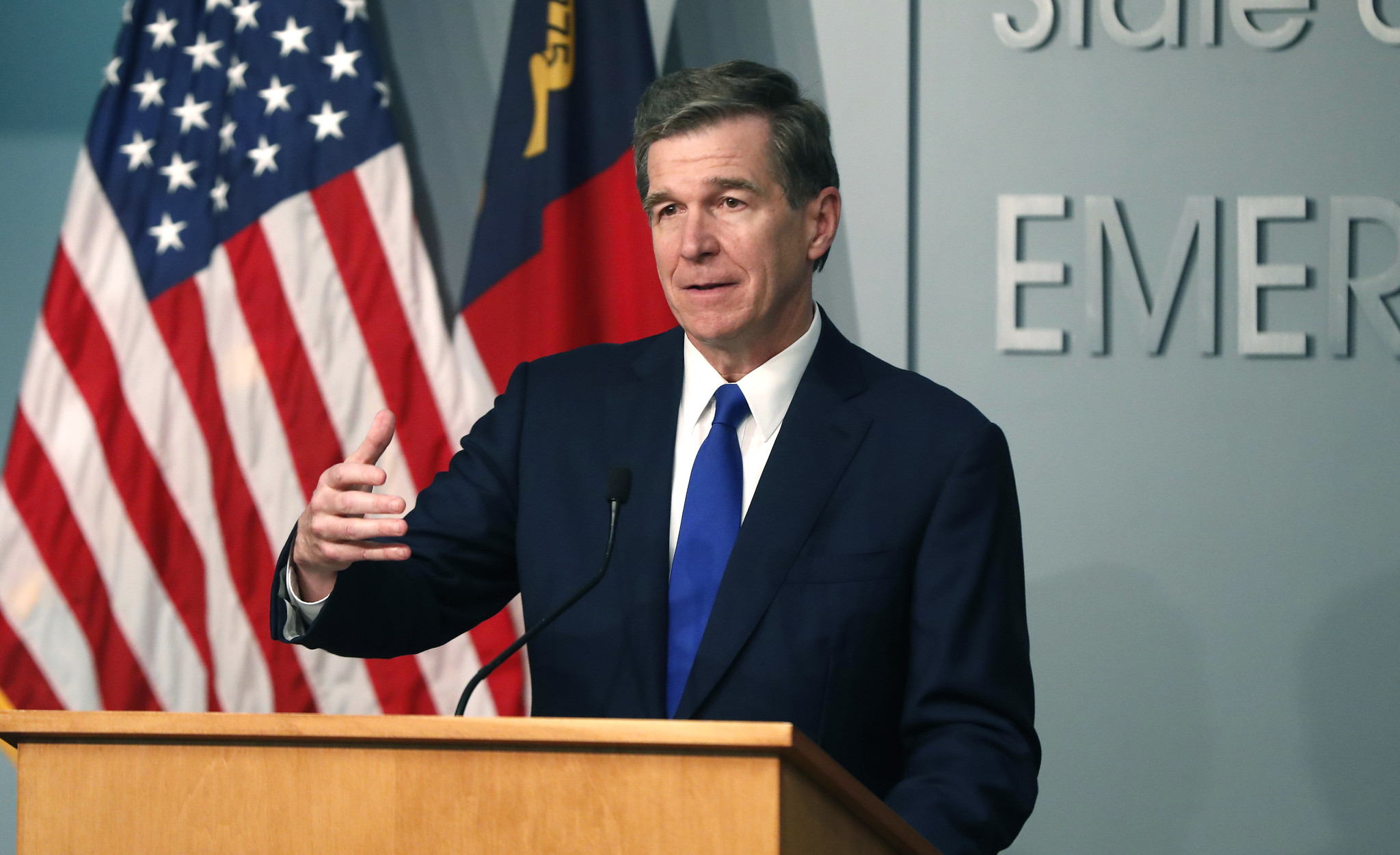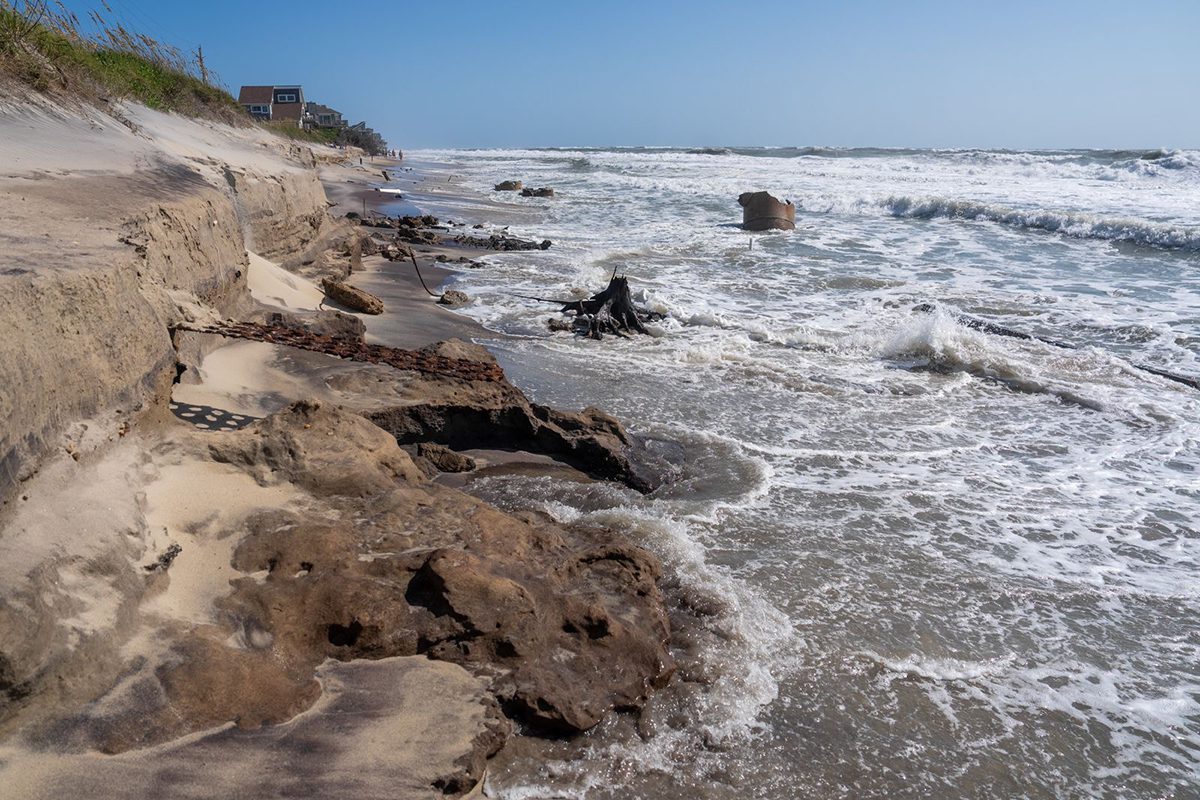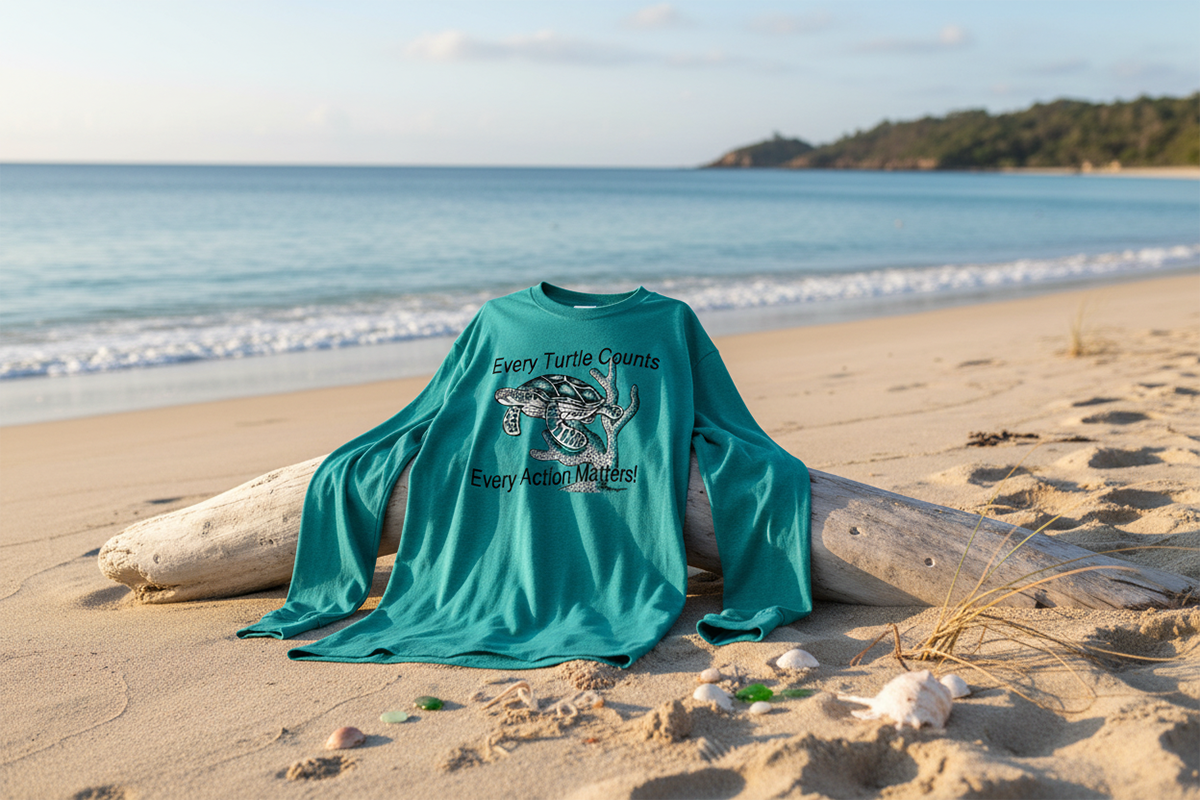
North Carolina will stay in Safer at Home Phase 2 for three more weeks and face coverings will now be required in public places.
Gov. Roy Cooper and state Department of Health and Human Services Secretary Dr. Mandy Cohen made the announcement during a media briefing Wednesday, when they were joined by Dennis Taylor, president of the North Carolina Nurses Association, and Eugene A. Woods, president and CEO of Atrium Health.
Supporter Spotlight
“I’m concerned,” Cooper said during the briefing. “As we’ve watched and studied and dissected these numbers in recent weeks, that concern has grown. Since the beginning of this pandemic, I’ve been clear that data and science would lead the way. In following that standard, it’s clear that our numbers will keep us from moving ahead into the next phase of easing restrictions. So today I’m announcing that North Carolina will pause and continue our Safer at Home phase 2, for another three weeks.”
He continued that is not where we plan to be or want it to be, “but it is one of two important decisions that we need to make to effectively fight this disease. The other important decision is requiring face coverings when people are out in public.”
Cooper explained that face coverings are a simple way to control this virus while protecting ourselves, families and others, adding that requiring the face coverings not only cause zero harm to the economy but in fact help the economy by making it safer to shop, do business and keep small businesses running.
“We’re adding this new requirement, because we don’t want to go backwards. We want to stabilize our numbers, so we can continue to safely ease restrictions. And most importantly, get our children back in school,” he said.
Growing evidence shows that cloth face coverings, when worn consistently, can decrease the spread of COVID-19, especially among people who are not yet showing symptoms of the virus, according to officials. Until now, face coverings had been strongly recommended. Under Wednesday’s Executive Order No. 147, people must wear face coverings when in public places where physical distancing is not possible.
Supporter Spotlight
Based on the metrics laid out in April by Cooper and Cohen, trends in North Carolina are moving in the wrong direction, prompting officials to pause at Phase 2.
“I know North Carolinians are strong, resilient and care deeply about our communities. We pride ourselves on helping our neighbors. The best way we can do that now is by taking the simple action of wearing a face covering that covers your nose and mouth. If we each do our part, we can get back to the people and places we love,” said Cohen in a statement.
Additionally, employees and customers must wear face coverings at retail businesses, restaurants, personal care and grooming; employees of child care centers and camps; state government agencies under the Governor’s Cabinet; workers and riders of transportation; and workers in construction/trades, manufacturing, agriculture, meat processing, and healthcare and long-term care settings.
“Wearing a face covering is an easy thing to do that can make a huge impact for all of us. A major spike in cases would be catastrophic to the system, and without your cooperation, nurses and our fellow healthcare providers will have a harder time caring for sick patients for weeks and months to come,” Taylor said.
“As the leader of the state’s largest health system, I am pro-health and also 100 percent pro-business. In fact, the two are inextricably connected and I’m very proud of the way business leaders and health experts are working together to keep our economy strong,” said Woods. “Medical science says to reduce the spread of COVID-19 masking works, and my sincere hope is that all the people of North Carolina can join forces to make wearing a mask not something we feel we have to do – but something that we want to do to keep each other, our neighbors, our children and our loved ones healthy and safe.”
Learn More
- Templates for signs on face coverings are available online as well as social media graphics for use.
- Frequently Asked Questions about the executive Order and mandatory face coverings.
- NCDHHS guidance on face coverings.
- View the slide presentation from Wednesday’s briefing.







